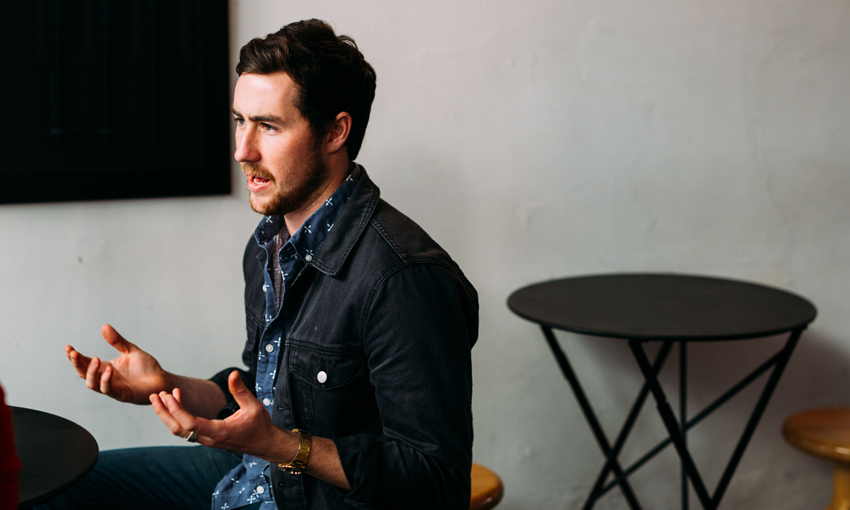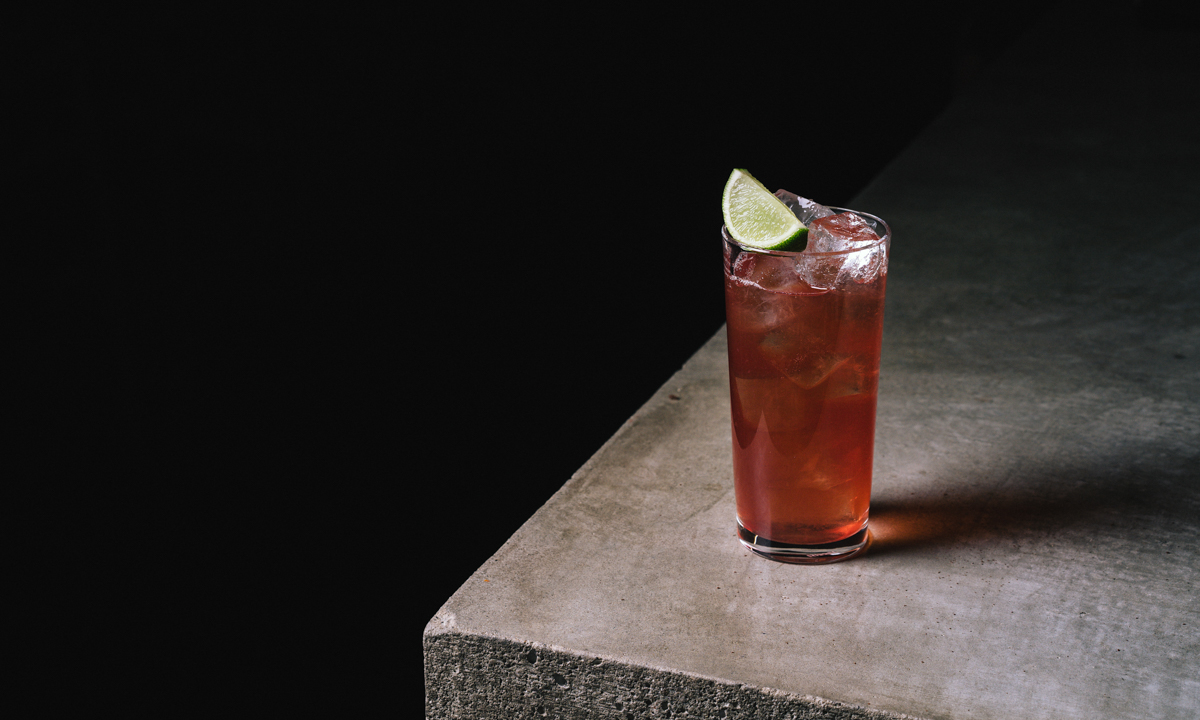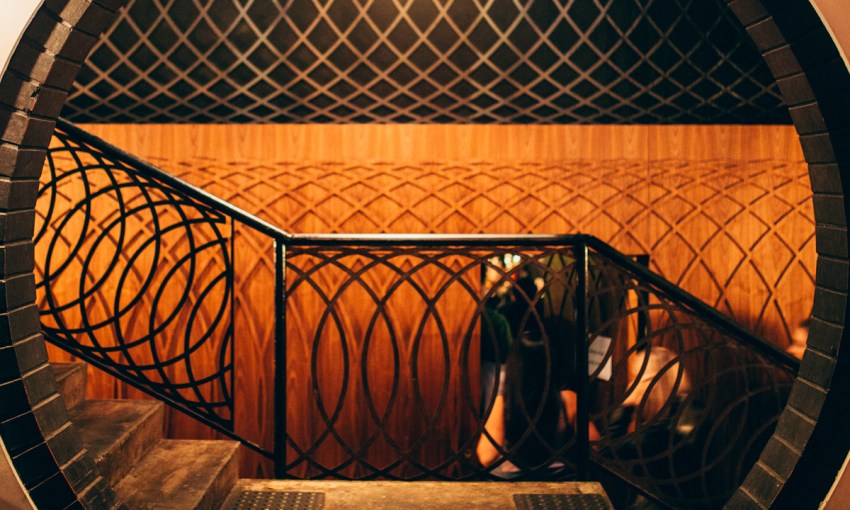Integrity has always been important to Maybe Mae founder Ollie Margan, but the bar’s new wholly South Australian drinks list is a parochial statement of intent for a post-COVID world.
Maybe Mae returns with purpose
SPECIAL REPORT: COVID-19 ADELAIDE
A week before the coronavirus swept through the South Australian bar industry, Ollie Margan and the Maybe Mae team launched a new drinks menu.
It was the bar’s most ambitious menu yet and was 18-months in the making. Some of the house-made components were created over the course of five months.
The inevitable forced closure after just a week was, to say the least, frustrating.
Unlike many of the stories we’ve heard of small businesses’ response to COVID-19, Ollie speaks of calm once the doors closed.
The management group met and decided things were too uncertain in the immediate aftermath, and so it would be better to regroup in a couple of weeks once more detail was available.
Once JobKeeper was announced, with all but two staff eligible, Ollie felt comfortable that the bar could survive a closure even until September as a worst-case scenario.
Rather than invest in a new business model – the pivot to takeaway that so many hospitality businesses were forced to make – the Maybe Mae team turned inward, fixing up odd jobs around the venue and prepping en masse whatever could be prepped for the long haul.
Maybe Mae opens on Tuesday, 2 June for the first time in months, and looking back Ollie says the steady and measured response to the pandemic has served his business well.
“I think we did the exact right thing. Because rushing that business model, which would have taken investment as well, to do something that might’ve lasted four weeks, before we then had to look at getting the venue operating again, looking back, that would have been silly,” he says.
“For me, it seemed like it might have been a bit amateur-hour-ish, and we pride ourselves on being at a much higher level than that.
“By hanging onto stock, we’ll be able to trade for a month without even being able to place an order, so in terms of getting back on the front foot, I think we’re going to be able to do that.
“I think we’ll be well and truly back in the black in under two months, especially with the help of JobKeeper.”

Ollie Margan in 2016
Instead of returning with the 24-drink menu it launched before closure, Maybe Mae will instead launch a new, tighter and wholly South Australian four-drink list, riffing on the South Australian border closure.
All spirits, garnishes, and fruits were sourced from within South Australia. This is not only practical for the current climate, but a necessary show of support for local industry.
“If there’s a time to really be parochial, it’s now,” Ollie says.
“And I think there’s a real shift towards that – across the fashion industry, across the booze industry, across the food industry. People are being made pretty aware of what they all of a sudden can’t get.
“It’s like, why not? Because the supply chain didn’t end up where you thought it ended up from, it ended up somewhere a lot more obscure.”
Each cocktail is priced at $20, with the Autumn Sparkler making use of Adelaide Hills yuzu, Barossa apera, and Riverland mandarins; the quince highball uses a mead made from Adelaide Hills quince and honey and Barossa brandy; the Rhubarb Collins is made with rhubarb gin from Needle and Pin in the Riverland, house-made rhubarb wine and anise myrtle distillate, sourced from the Adelaide Hills; and the Stirred, Brown, Delicious uses Amaro from Never Never, Adelaide Hills Distillery’s Italian Bitter Orange, cold brew from Mondays and Riverland blood oranges.
“With a limited capacity, we felt like we needed to do something that was meaningful and a little bit more niche, but we needed to be able to justify it, and we thought this was a really good way to do that,” Ollie says.
Maybe Mae will be capped at 18 patrons from now until at least the third stage of easing restrictions (but when that will be is impossible to know for sure), but a lot of the changes to the venue and style of service the bar introduced in 2018 have set Maybe Mae up for the current operating reality.
“Obviously we already did table service, we had already minimised our capacity, so I think we’re in a good position in terms of customers already know that the way that we operated during service was in a similar vein to what is now imposed on everyone,” Ollie says.
“So we were already doing that, we’re just going to put less people in here.”
Ollie isn’t sure what this first week of trade will bring. He spent the weekend visiting the venues of his friends to ask how their trade has gone.
Friday nights he noticed an after-work crowd would stay in the city and settle into a venue for a night, not migrating between venues as was the norm previously.
Saturday was quieter, he says, because it seemed like people weren’t necessarily making plans to come into the city in large groups just yet.
He is also anticipating some awkward conversations with patrons who might not understand the intense financial pressure all hospitality venues will be facing in the coming weeks and months.
The warm and welcoming culture bars like Maybe Mae have engendered, of hosting large groups for hours at a time, is not financially viable when there are only 18 people permitted in the venue at any one time.
Maybe Mae will be taking bookings and allowing walk-ins, but everything about this period of reawakening will be “trade and see,” Ollie says.

A Maybe Mae cocktail from an earlier time. The new list will be just as delicious
However it pans out, Ollie’s happy to be back, after slowly going stir crazy over the last couple of months. He’s particularly happy to be able to trade for the bar’s upcoming sixth anniversary in July.
Reopening with purpose and vision will make the return all the sweeter.
“It all just makes us feel a little bit more proud of what we’re doing, and to be able to talk about the products in a different light, something a little bit more meaningful than just a drink, and to make people feel like they are supporting their local economy by coming in here,” Ollie says.
“I guess I’m wagering that people will support us for supporting that.”




